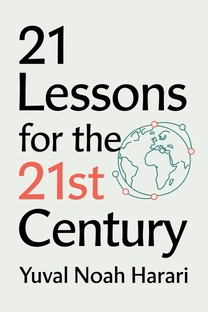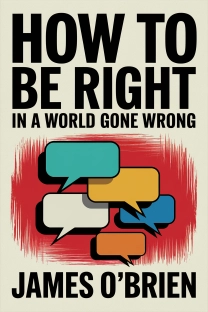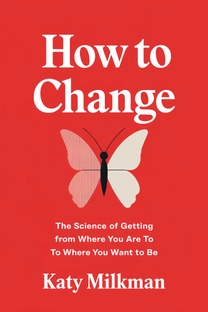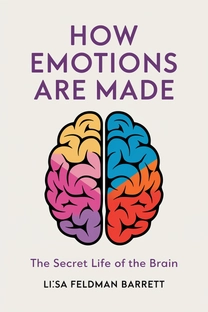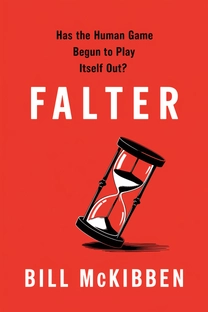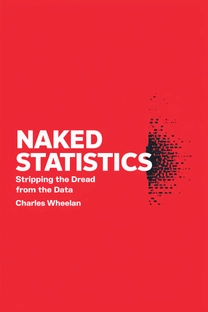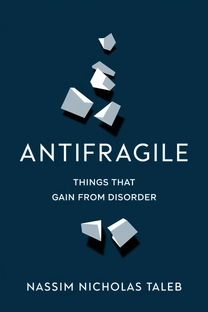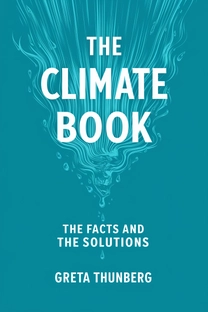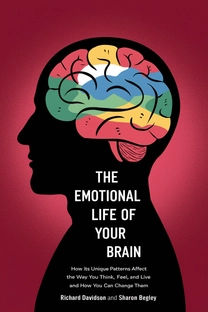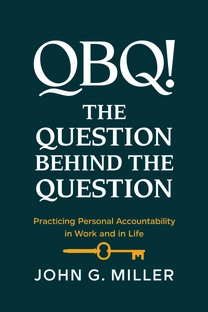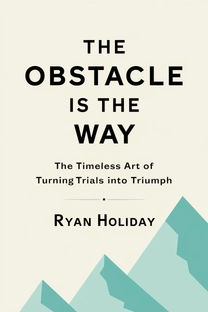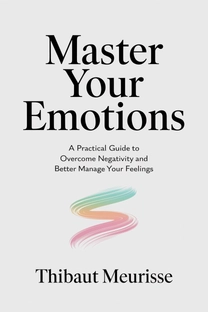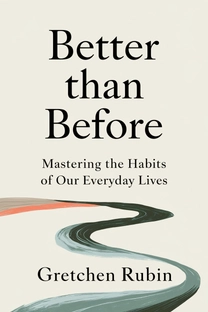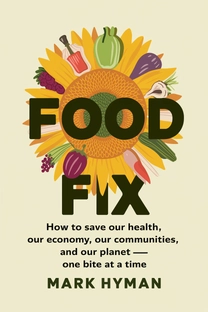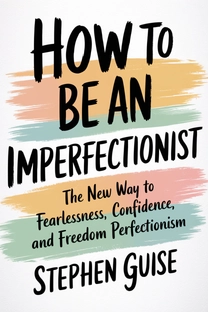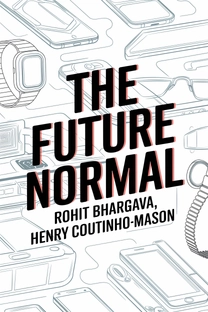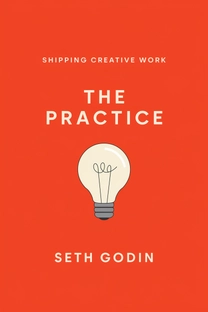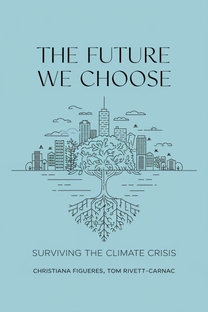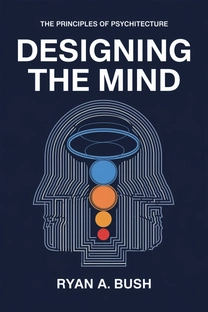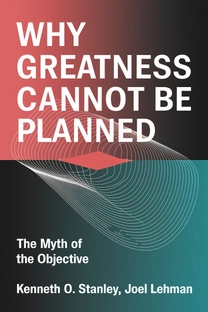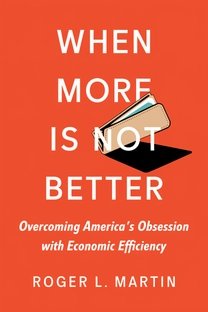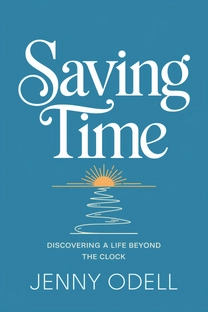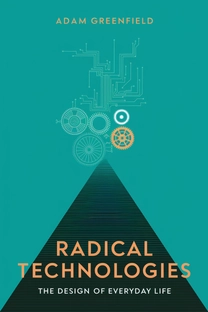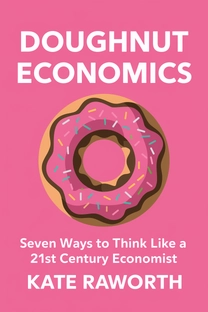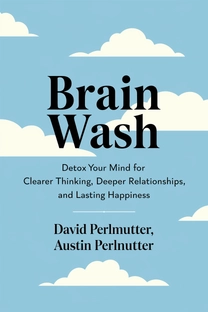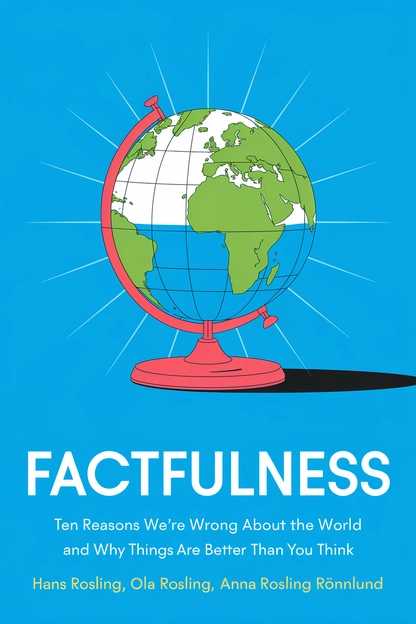
Factfulness
Ten Reasons We're Wrong About the World — and Why Things Are Better Than You Think
by Hans Rosling, Ola Rosling, Anna Rosling Rönnlund
Brief overview
This book reveals how our dramatic instincts and outdated beliefs can distort our understanding of the world. It encourages us to see global progress more clearly by examining data and adopting a balanced, fact-based perspective. By reading it, you will discover simple ways to challenge your assumptions and find a more hopeful, accurate view of reality.
Introduction
Imagine walking into a classroom where you’re asked questions about poverty, education, and health around the globe. Chances are, your instincts would lead you astray—and the data would prove it. This sense of surprise forms the heart of the book’s premise: many of our beliefs about the world are outdated or misinformed.
In these pages, you’ll uncover the “dramatic instincts” that twist your perspective: how fear, urgency, negativity, and single perspectives skew what you think you know. It comes as a shock to realize that basic quality of life has been improving for billions living in middle-income countries—contrary to popular media headlines.
By starting with a call to examine our assumptions, the book sets the stage for a more constructive understanding. This is not about blind optimism; it's about dispelling misconceptions so you can see both the problems and the progress clearly.
Confronting Our Misconceptions
Our brains often default to binary thinking: dividing the world into “rich” and “poor” or “us” and “them.” This gap instinct creates a distorted view of reality, ignoring the broad middle where most people actually live. You might picture entire continents as if they’re entirely impoverished, but in truth, an increasing majority are achieving decent standards of living.
The narrative of constant decline, or “it’s all getting worse,” also feeds our negativity instinct. While real problems exist—climate threats, conflict, social inequities—an unbiased look at data reveals a world that has made historical strides in life expectancy, literacy, and child survival.
Confronting these misconceptions demands we set aside catchy headlines and heartfelt anecdotes. Logical comparison with reliable data is the remedy. It’s profoundly liberating to discover that you’ve been misguided not by malevolence, but by the mind’s natural tendencies.
What is Factfulness about?
“Factfulness” offers a refreshing, data-driven view of global development by showing how our instincts and assumptions can mislead us. The authors combine compelling statistics with accessible insights, revealing how life expectancy, healthcare access, and income levels have improved worldwide—contrary to the gloomy headlines. By looking beyond simplified ideas like “rich vs. poor,” they equip readers with methods for identifying real progress and persistent challenges.
What sets this book apart is its commitment to presenting facts without oversimplification. Through anecdotes and global examples, readers learn how to interpret numerical trends, detect misinformation, and adopt a more balanced view of the world. This modern perspective empowers us to see how far humanity has come, while still staying focused on the work that remains.
Review of Factfulness
One of the book’s major strengths lies in its clarity. Instead of overwhelming readers with technical jargon, it offers practical tips for evaluating statistics—like comparing numbers proportionally and consulting multiple sources. By weaving data into real-life stories, the authors keep the lessons engaging and highly applicable to everyday news consumption.
Catering to a broad audience of educators, policy analysts, and curious readers, “Factfulness” highlights ways to make informed decisions by cutting through the clutter of sensationalist media. The writing style is straightforward yet personable, explaining essential concepts without patronizing less experienced readers. I recommend this book if you’re looking for a balanced, hopeful approach to interpreting global trends, grounded firmly in facts.
Who should read Factfulness?
- Professionals in public policy who rely on accurate statistics to shape programs
- Educators and students seeking a realistic understanding of global issues
- Journalists or content creators aiming for responsible, data-informed reporting
- Social entrepreneurs and community leaders looking to solve problems effectively
About the author
Book summaries like Factfulness
Why readers love Mindleap
10-Minute Book Insights
Get the core ideas from the world's best books in just 10 minutes of reading or listening.
Curated For You
Discover your next favorite book with personalized recommendations based on your interests.
AI Book ExpertNew
Chat with our AI to help find the best book for you and your goals.
Reviews of MindLeap
Love how I can get the key ideas from books in just 15 minutes! Perfect for my busy schedule and helps me decide which books to read in full.
Alex R.
The summaries are incredibly well-written and the audio feature is perfect for my commute. Such a time-saver!
Jessica M.
Great app for personal growth. The insights are clear and actionable, and I love how they capture the essence of each book.
Chris P.
The app is beautifully designed and the summaries are top-notch. Definitely worth every penny!
Sarah K.



